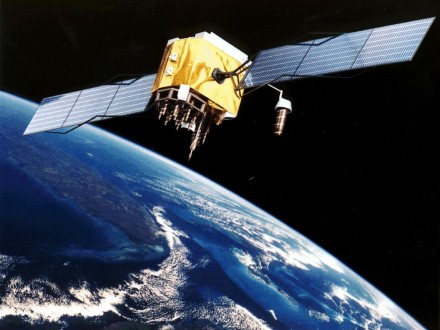Amazon to Start Offering its Own Satellite Internet Access Platform in 2023

Rockets from ULA (a joint venture between Lockheed Martin and Boeing) will launch Amazon’s first two satellites, Kuipersat-1 and Kuipersat-2, into orbit in early 2023.
Project Kuiper is Amazon’s alternative to satellite internet access platforms such as Starlink, the latter being an initiative of SpaceX, the private space company founded by Elon Musk.
The game is between tycoons because Jeff Bezos, founder of Amazon, is also the founder of Blue Origin, the private space company behind Project Kuiper. Two prototypes (Kuipersat-1 and Kuipersat-2) will be launched in early 2023 to begin work on establishing its own network of satellites for broadband Internet access from anywhere on the planet.
The launches will come somewhat later than originally planned, which was originally announced to begin in late 2022, but in the meantime there has been a change in the rocket company used to launch the satellites into orbit from the originally planned ABL Space Systems to ULA (a joint venture between Lockheed Martin and Boeing).
Despite the imminent date, the manufacturing of ULA’s Vulcan rockets and the satellites themselves has yet to be finalised, with assembly of all of them expected to be completed between November and December.
Later, in 2026, Amazon plans to launch more satellites, otherwise it would lose its satellite licence from the FCC (US Federal Telecommunications Administration). Amazon’s plans for its internet access satellite network are very ambitious, as it plans to deploy a constellation of 3,236 satellites, which will require a significant number of launches over the next few years.
At least 38 of these launches will be carried out by Vulcan rockets, while others from Arianespace and Blue Origin itself are also planned.